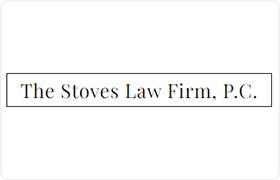Gurley White Collar Crime Lawyer, Alabama
Sponsored Law Firm
-
 x
x

Click For More Info:
-
The Stoves Law Firm, P.C.
9 Office Park Cir Suite 105 Birmingham, AL 35223» view mapCriminal Defense Legal Expertise You Can Rely On
The Stoves Law Firm, P.C. provides outstanding Criminal Defense and Litigation services to individuals and businesses throughout the State of Alabama.
800-818-9390
Not enough matches for Gurley White Collar Crime lawyer.
Below are all Gurley Criminal lawyers.
FREE CONSULTATION
CONTACTFREE CONSULTATION
CONTACTBruce Alan Gardner
Mass Torts, White Collar Crime, Criminal
Status: In Good Standing Licensed: 45 Years
Andrew Dalins
Real Estate, Divorce & Family Law, Criminal
Status: In Good Standing Licensed: 39 Years
Billy Glen Hall
Lawsuit & Dispute, Custody & Visitation, Divorce & Family Law, Criminal
Status: In Good Standing
 Jay Stoves Birmingham, AL
Jay Stoves Birmingham, AL Practice AreasExpertise
Practice AreasExpertise
